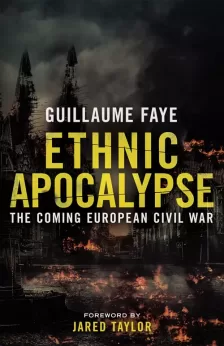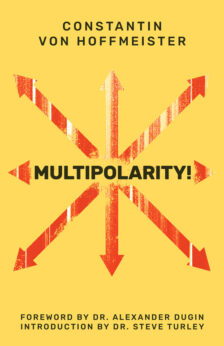The Israeli war in the Gaza Strip has now lasted for more than eight months with no end in sight. The longer the conflict continues, the greater the number of massacres committed by the Israeli army (IDF) against the Palestinian population, and the higher the number of fallen Israeli soldiers. This prolonged conflict also leads to increasing international isolation of Israel, even among Western countries. Tel Aviv is facing significant difficulties.
The International Criminal Court Seeks to Arrest Israel’s Government
Attack on the Refugee City of Rafah: Israel’s Genocide as ‘Mowing the Lawn’
More Countries Recognise Palestine as an Independent State
Is the End of the ‘Greater Israel Solution’ Looming?
The Palestinians Continue to Fight — But What Follows the War?
Benny Gantz Resigns — Is Netanyahu’s Government Doomed?
(Translated from the German)







